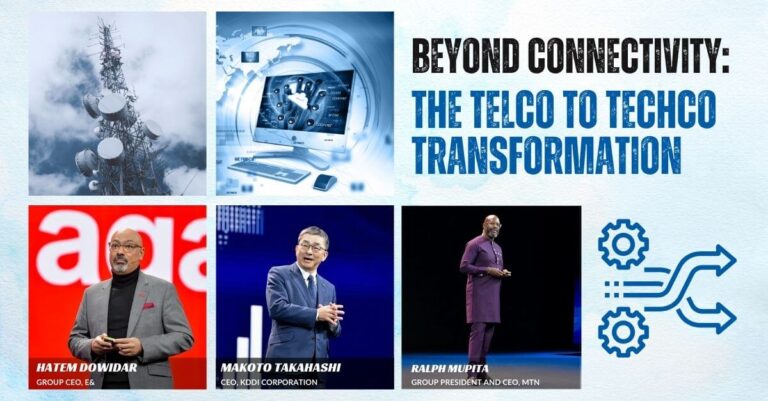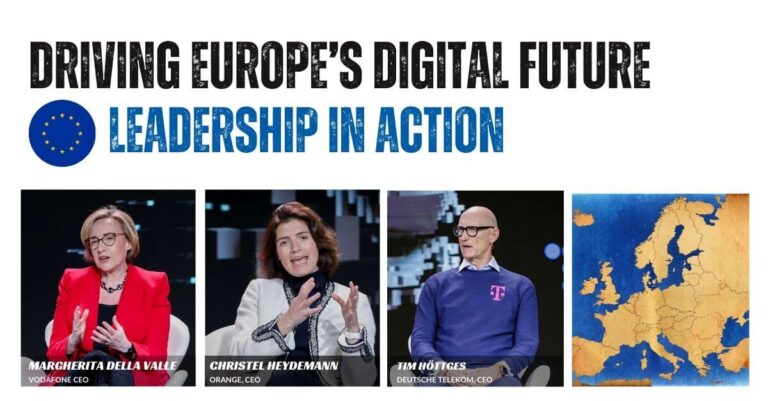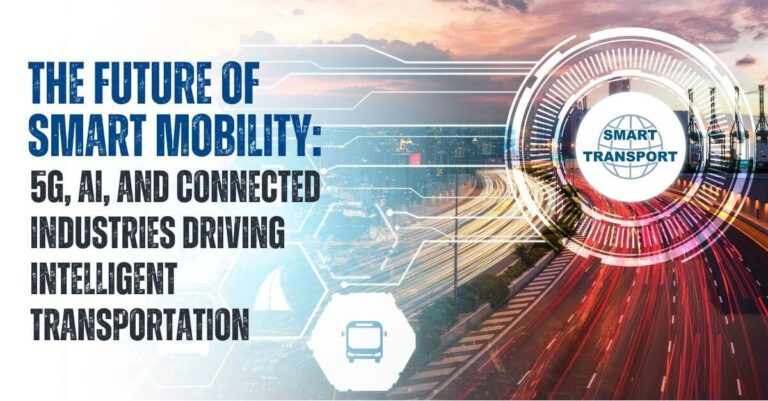Swedish industrial machine maker Atlas Copco has reopened a UK facility as a smart factory and innovation center with a private 5G network from Ericsson. This new setup serves as a showcase and training hub for Atlas Copco’s tooling, assembly systems, and machine vision solutions. The company has invested significantly to re-engineer its factory building in Wolverhampton, located in the Midlands.
Challenges in Modern Manufacturing: The Need for Real-Time Data and Flexibility
The manufacturing sector faces several challenges, including the need for real-time data, efficient production processes, and sustainable practices. Traditional networks often fall short in providing the necessary speed, security, and flexibility. This is where private 5G networks come into play, offering customized solutions that address these critical needs.
Atlas Copco’s Smart Factory Solution with Ericsson’s Private 5G
Atlas Copco has been a notable advocate for Private Networks, particularly private 5G, among industrial machine vendors. The newly established smart factory at the i54 business park leverages Ericsson’s private 5G technology to enhance its production capabilities. This setup includes 5G-enabled tool control software, inspection and error-proofing solutions, and 3D laser technology, all integrated within a replica factory production environment.
Demonstrating Success: Atlas Copco’s Smart Manufacturing in Wolverhampton
Atlas Copco’s investment in the Wolverhampton facility underscores its commitment to advancing smart manufacturing. The center allows the company to demonstrate its portfolio of solutions to partners, showcasing how 5G-enabled technologies can drive efficient, flexible, and sustainable manufacturing processes. This initiative is expected to enhance production efficiencies and contribute to a sustainable smart manufacturing ecosystem.
Why Atlas Copco Chose Ericsson’s Private 5G Network
The decision to deploy Ericsson’s private 5G network was driven by its ability to provide a secure, real-time wireless solution tailored to Atlas Copco’s specific needs. This technology supports the company’s human-centric approach, combining advanced tools and systems with real-time data insights to optimize production processes.
Unlocking Efficiency and Sustainability with Private 5G
The benefits of this private 5G network are manifold. It enables real-time data collection and analysis, leading to improved production efficiencies and sustainability. The technology also supports flexible manufacturing processes, allowing Atlas Copco to adapt quickly to changing demands. Additionally, it strengthens the company’s ability to train Industry 4.0 technicians, ensuring a skilled workforce for the future.
Boosting UK Manufacturing: The Impact of Atlas Copco’s Smart Factory
This initiative is a significant boost for UK manufacturing. Local government officials have praised the new facility, highlighting its potential to enhance the competitiveness and sustainability of manufacturing businesses in the region. The investment also reinforces the West Midlands’ status as a hub for advanced manufacturing.
Atlas Copco’s Leadership in Private 5G Adoption for Manufacturing
Atlas Copco has taken a proactive role in driving the adoption of private 5G networks in the manufacturing sector. By investing in state-of-the-art facilities and technologies, the company is setting a benchmark for smart manufacturing practices. This move aligns with its mission to create a sustainable and efficient manufacturing ecosystem.
Ericsson’s Vital Role in Atlas Copco’s Smart Factory
Ericsson, as the provider of the private 5G network, plays a crucial role in this project. Their technology enables the seamless integration of various advanced manufacturing solutions, supporting Atlas Copco’s goals of efficiency and sustainability. The collaboration between Atlas Copco and Ericsson exemplifies how partnerships can drive innovation in the industry.
Operational Success: Atlas Copco’s Smart Factory at i54 Business Park
The smart factory at the i54 business park is now operational, with Atlas Copco actively demonstrating its solutions to partners and clients. The facility is poised to become a central hub for innovation in manufacturing, attracting interest from various sectors.
Milestones in Atlas Copco’s Smart Manufacturing Journey
The re-engineering of the Wolverhampton facility and the installation of the private 5G network represent a significant milestone in Atlas Copco’s journey toward smart manufacturing. The company plans to continue expanding its capabilities and integrating new technologies to stay at the forefront of the industry.
Local Government Praises for Atlas Copco’s Smart Factory Initiative
Local government leaders have lauded Atlas Copco‘s investment. Councillor Stephen Simkins, leader of City of Wolverhampton Council, emphasized the positive impact of the new facility on regional manufacturing businesses. The endorsement from local authorities highlights the importance of such initiatives in driving economic growth and innovation.
In conclusion, Atlas Copco’s smart factory in Wolverhampton, powered by Ericsson‘s private 5G network, represents a significant advancement in the manufacturing sector. This project not only enhances production efficiencies and sustainability but also sets a new standard for smart manufacturing practices globally.






















